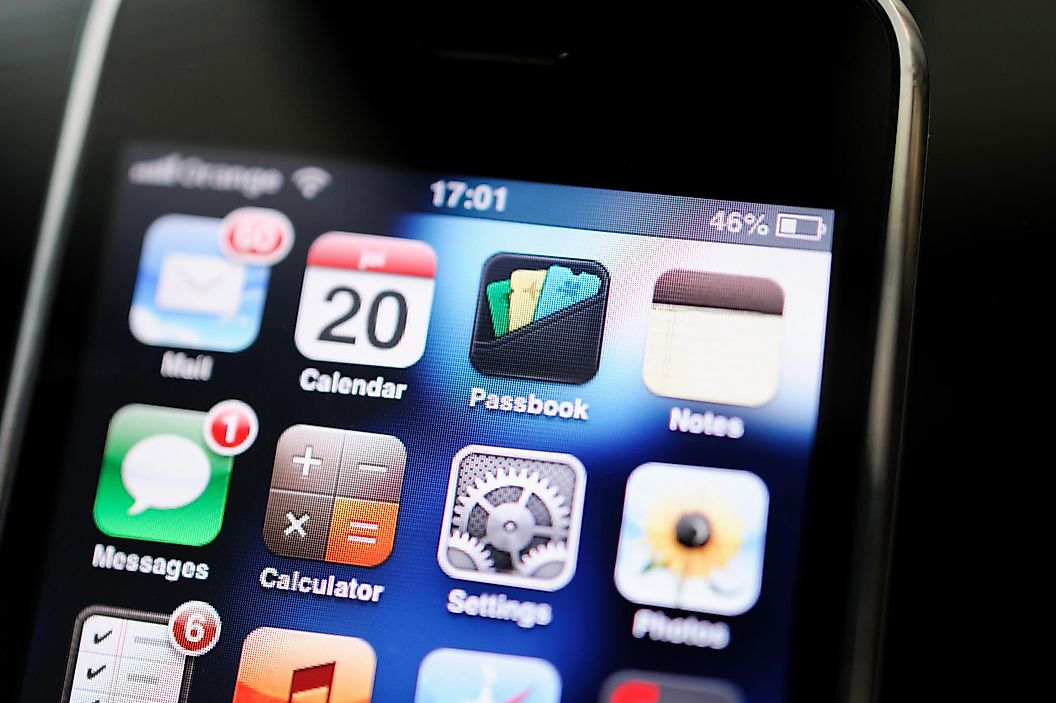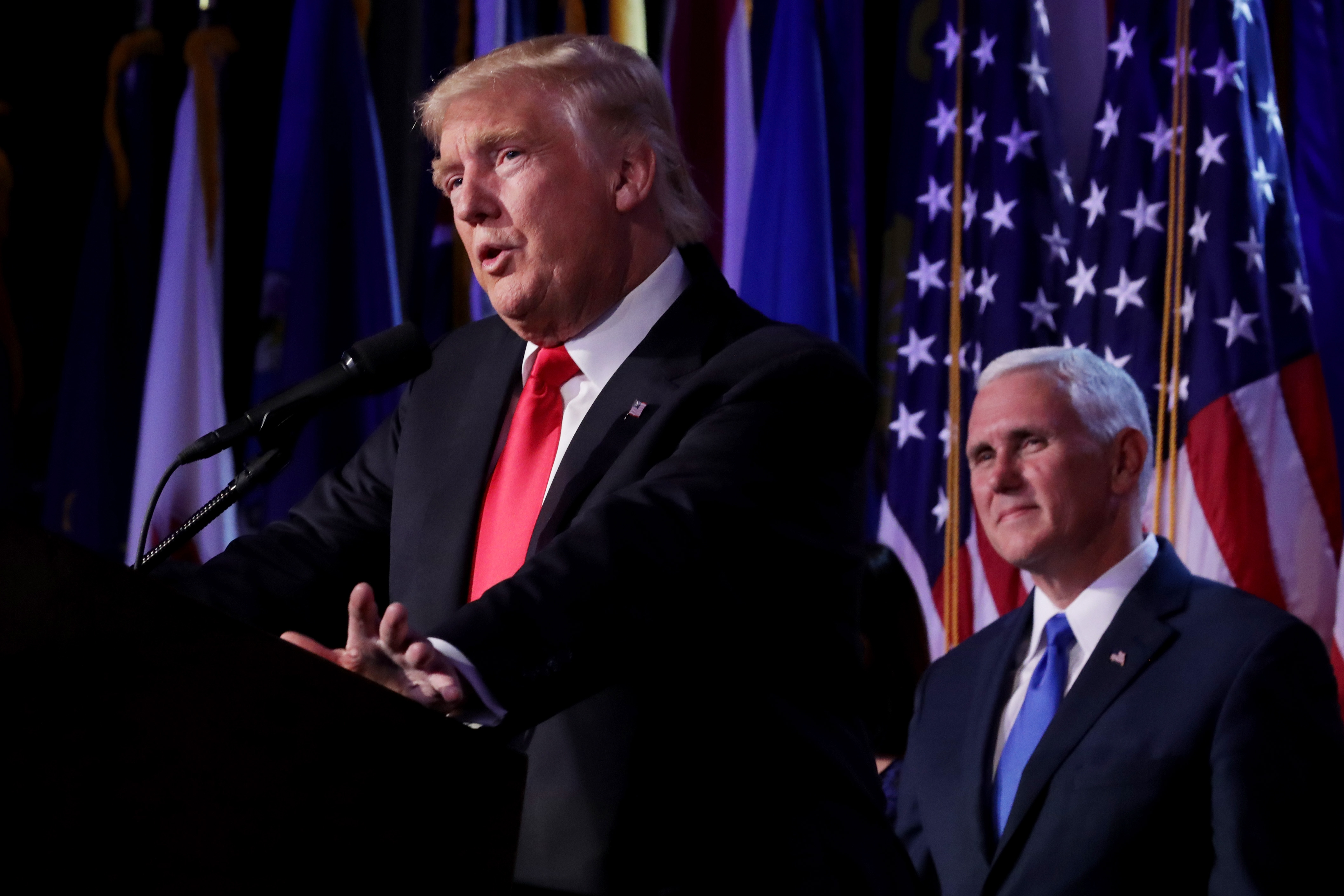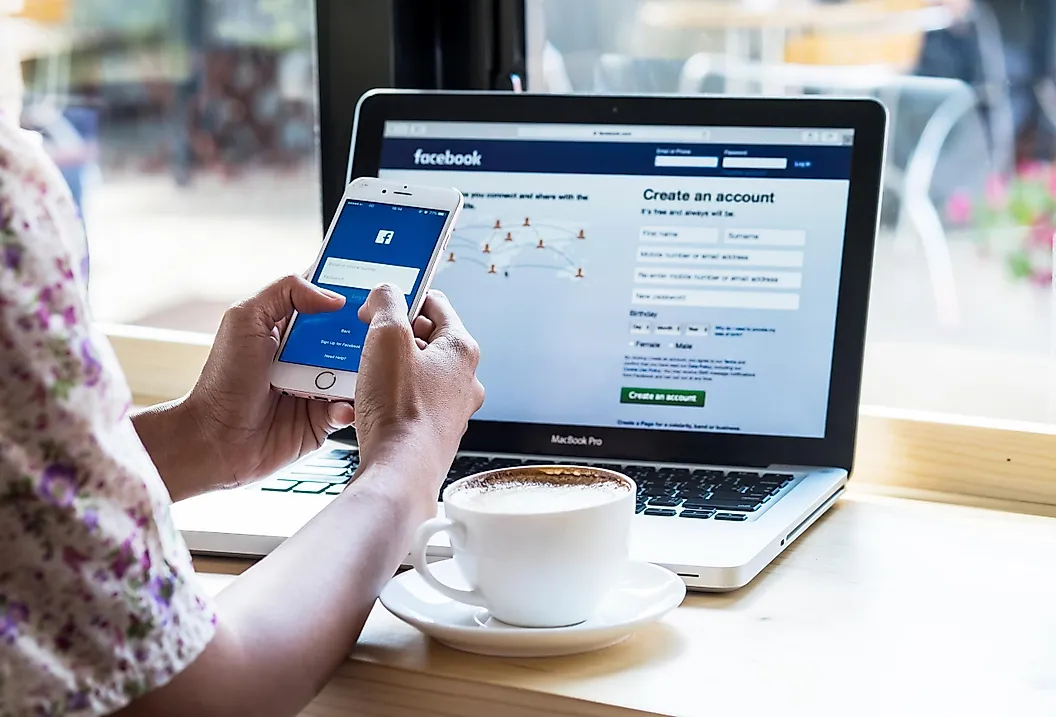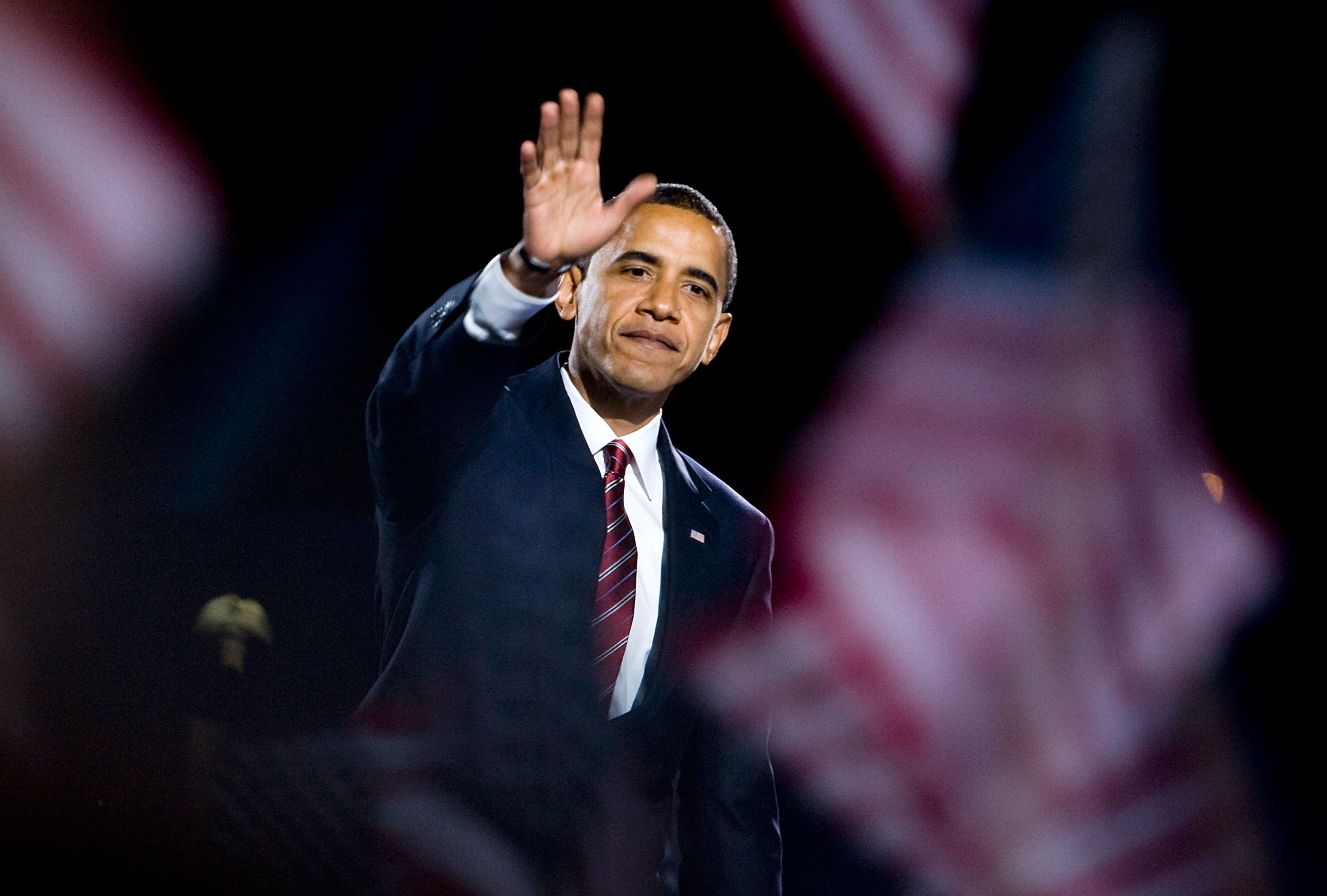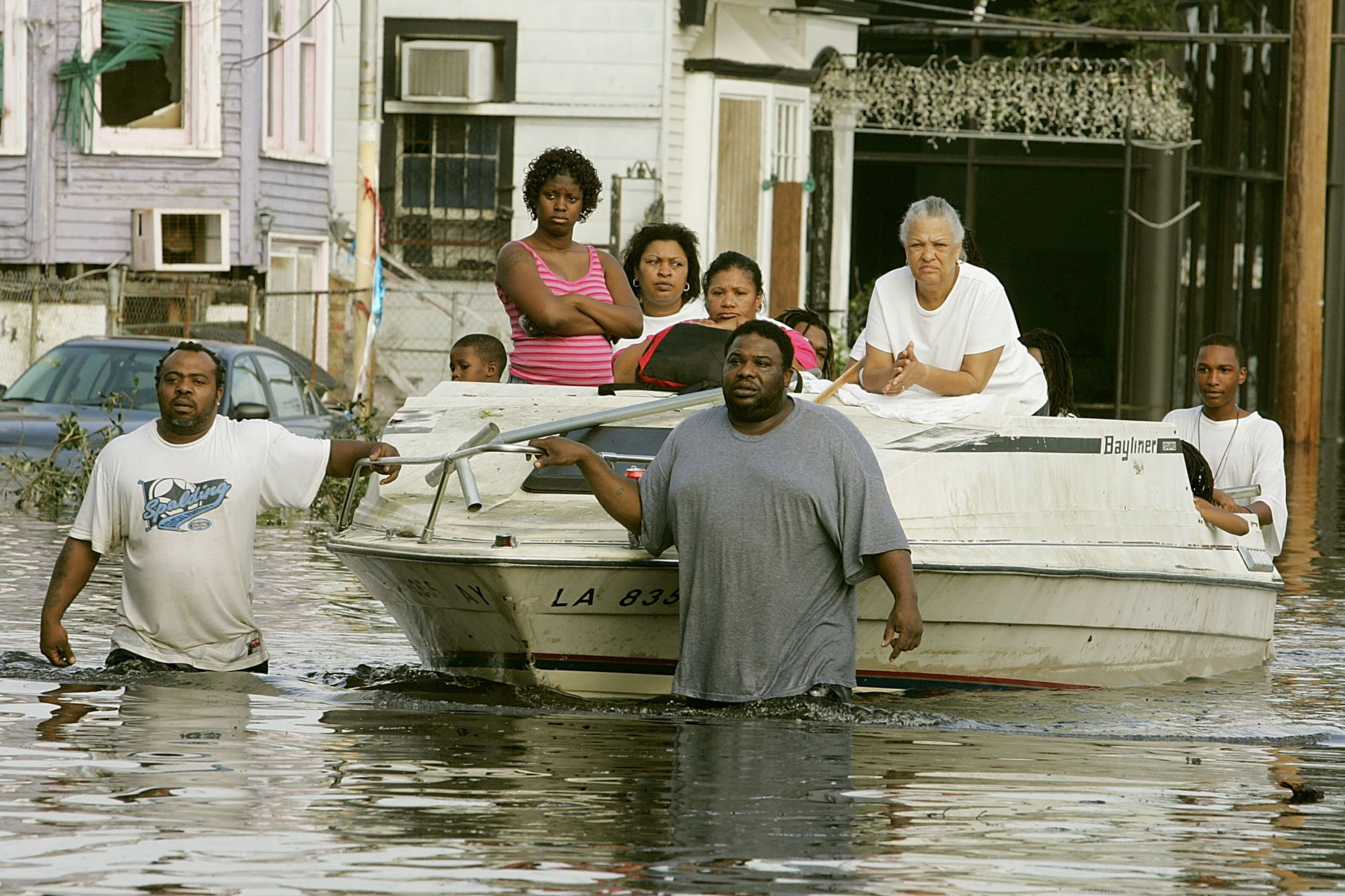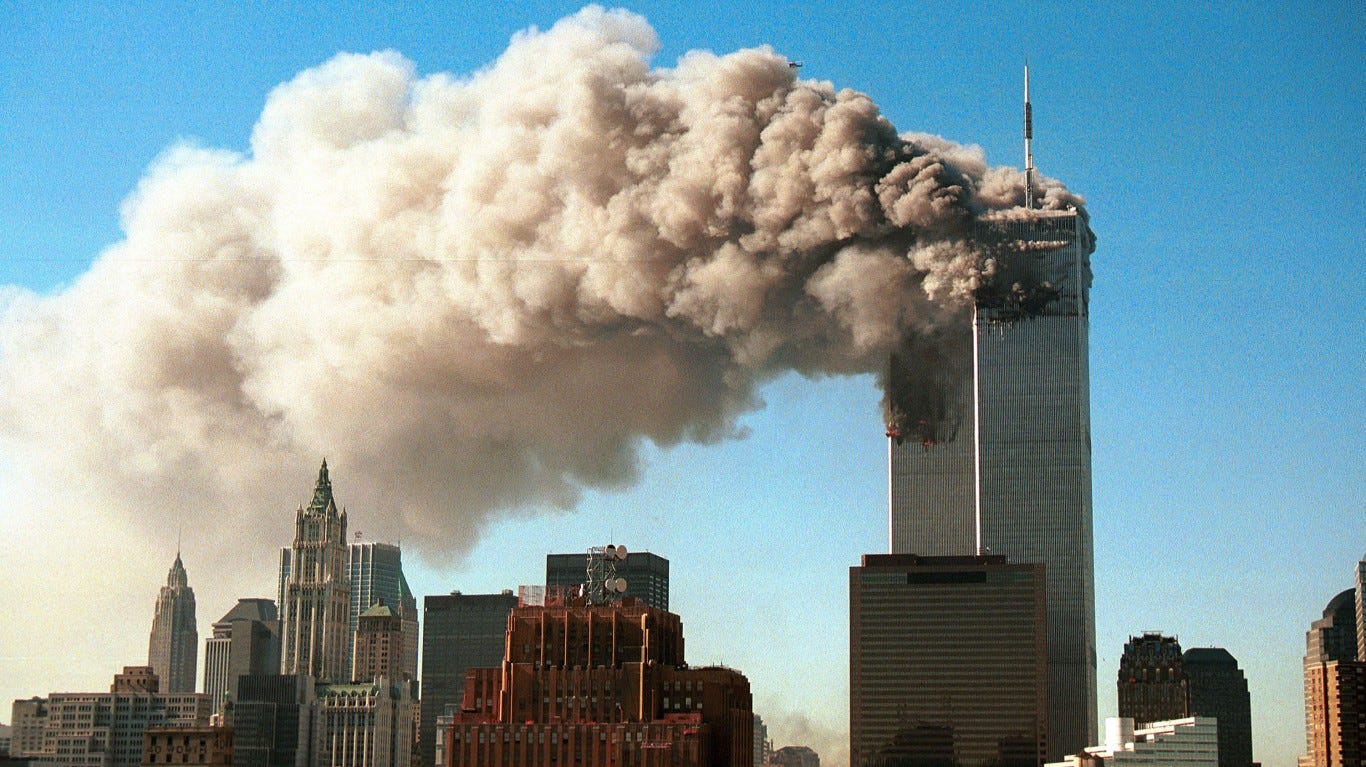Part
01
of one
Part
01
Epochs of History (3)
Key Takeaways
- The iPhone made its debut in 2007 and since then, it has become among the "most popular branded consumer electronic devices in history."
- In 2015, the US Supreme court legalized same-sex marriage in all 50 states. This was a huge step forward in accepting same-sex love and its institutionalization.
- On September 11 2001, the Al Qaeda conducted a series of four terrorist attacks against the US, famously known as 9/11, which launched the global war on terror.
- There COVID-19 outbreak in 2020 led to over 5 million deaths; global lockdowns; a new normal; and the challenging of the long-held view that western developed countries were invulnerable.
Introduction
A list of 10 of the most world-changing moments in the 21st century has been provided in the findings below.
Top 10 World-changing Moments in the 21st Century
1. Launches of the First iPhone
- iPhones made their debut in 2007 and when Steve Jobs unveiled them, he promised that they would "revolutionize the phone industry". Since the debut, the smartphone, a combination of a hand-held computer and mobile phone, has taken over the world, and the iPhone has become among the "most popular branded consumer electronic devices in history."
- As of 2017, there had been 18 versions of the iPhone and over 1.2 billion units sold globally. The only smartphone that comes close to this volume is the Samsung Galaxy smartphone.
2. Election of Donald Trump
- In 2016, Donald Trump, a former reality TV star, was elected as the 45th president of the United States. He won just over 46% of the overall vote and beat Hillary Clinton, despite losing the popular vote.
- He was the "most polarizing" president of the US, and his victory led to visceral responses from both his supporters and opposers.
3. Facebook Launch
- In 2004, Mark Zuckerberg and his roommates Dustin Moskovitz, Chris Hughes, Eduardo Saverin and Andrew McCollum launched Facebook, a social networking site.
- Facebook revolutionized the way in which people around the world interact and connect with each other, and it is currently the biggest social network. As of 2019, it had 2.45 billion monthly active users globally and as of 2020, it had become an "$843.6 billion digital advertising behemoth so integral to many people’s lives that it has been criticized for helping foreign powers and propagandists influence the U.S. political system."
4. Legalization of Same-Sex Marriage
- In 2015, the US Supreme court legalized same-sex marriage in all 50 states.
- More governing bodies around the world legalized same-sex marriage in 2019, including Taiwan, Ecuador, Austria and Northern Ireland. As of late 2019, 30 countries around the world had legalized same-sex marriage, a movement that started in 2000 in the Netherlands.
- This was a huge step forward in accepting same-sex love and its institutionalization.
5. Election of Barrack Obama
- In 2008, Barack Obama was elected the 44th president of the United States, beating John McCain and making him the first African-American president. This election challenged the racial inequality that existed in America and was a sign of hope for many.
- During his time in office, Obama passed a stimulus package, enacted the Affordable Care Act, and made great advancements for marriage equality.
6. Hurricane Katrina
- In 2005, New Orleans and its surrounding region got destroyed by Hurricane Katrina, a deadly tropical cyclone. It led to over 1,800 deaths, over 80% of New Orleans being underwater and damage to 53 flood barriers that were in and around New Orleans.
- Hurricane Katrina highlighted America's failing infrastructure, including roads, highways, the electrical grid, water supply, dams and bridges, and showcased the need for new energy sources such as wind and solar. It is ranked the most expensive natural disaster to occur in the US, as it created about $125 billion in damage.
7. 9/11
- On September 11 2001, the Al Qaeda conducted a series of four terrorist attacks against the US, crashing three hijacked airplanes into the World Trade Center towers and the Pentagon, and a fourth plane in Somerset County, Pennsylvania, after the crew and passengers tried to regain control of the plane that was headed to Washington D.C. Almost 3,000 people were killed, and this was the "worst attack on U.S. soil."
- These attacks changed American foreign policy and launched the global war on terror, which cost the U.S. trillions of dollars. They also led to debates concerning the justification of torture.
8. The Death of Osama bin Laden
- In 2011, US Navy SEALs hunted down and killed Osama Bin Laden, the Al Qaeda leader and mastermind of 9/11 attacks, in Pakistan.
- This marked America's achievement of some measure of justice after the 9/11 attacks. It came after the launch of two wars by America, several deadly bombings around the world, and the deaths of many civilians and soldiers. Bin Laden's death was celebrated across the US and even globally.
9. Probable Discovery of the "God Particle"
- In 2012 at the Large Hadron Collider Facility, scientists discovered a particle that was widely believed to be the Higgs boson or the "God particle". The Higgs boson is believed to be the fundamental component of the universe that explains how all matter should work.
- The idea of its existence was theorized by François Englert and Peter Higgs in the 60s, and there had been no physical evidence of it until 2012. After this discovery, Englert and Higgs were awarded the Nobel Prize in Physics.
10. The COVID-19 Pandemic
- From late 2019 to early 2020, there was an outbreak of a new virus, COVID-19, in China. Despite having a low fatality rate (1%-4%), it spread at an alarming speed and on March 11th, the World Health Organization declared it a pandemic.
- Italy was the first country to implement a lockdown to try to curb the spread of the virus. Soon after, there were global lockdowns, with businesses being closed, schools being shut down, massive layoffs and people staying at home.
- The virus spread to every country on earth despite travel bans and the lockdowns affected the global economy, with a decrease in output and a rapid rise in unemployment. The world adapted to a new normal of wearing face masks, sanitizing and doing everything virtually. In addition, the long-held view that western developed countries were invulnerable was challenged.
- To date, there have been over 269 million cases and over 5 million deaths from the virus globally. This is the worst pandemic since the 1918 Spanish flu pandemic.
- The pandemic is expected to result in structural economic changes and changes in the balance of the world.
Research Strategy
For this research on 10 of the most world-changing moments in the 21st century, we leveraged the most reputable sources of information in the public domain, including historical websites, educational websites and media sites such as World Atlas, USA Today and Time.com, among others. We chose the events that were mentioned in three or more of the sources as the most impactful moments.
